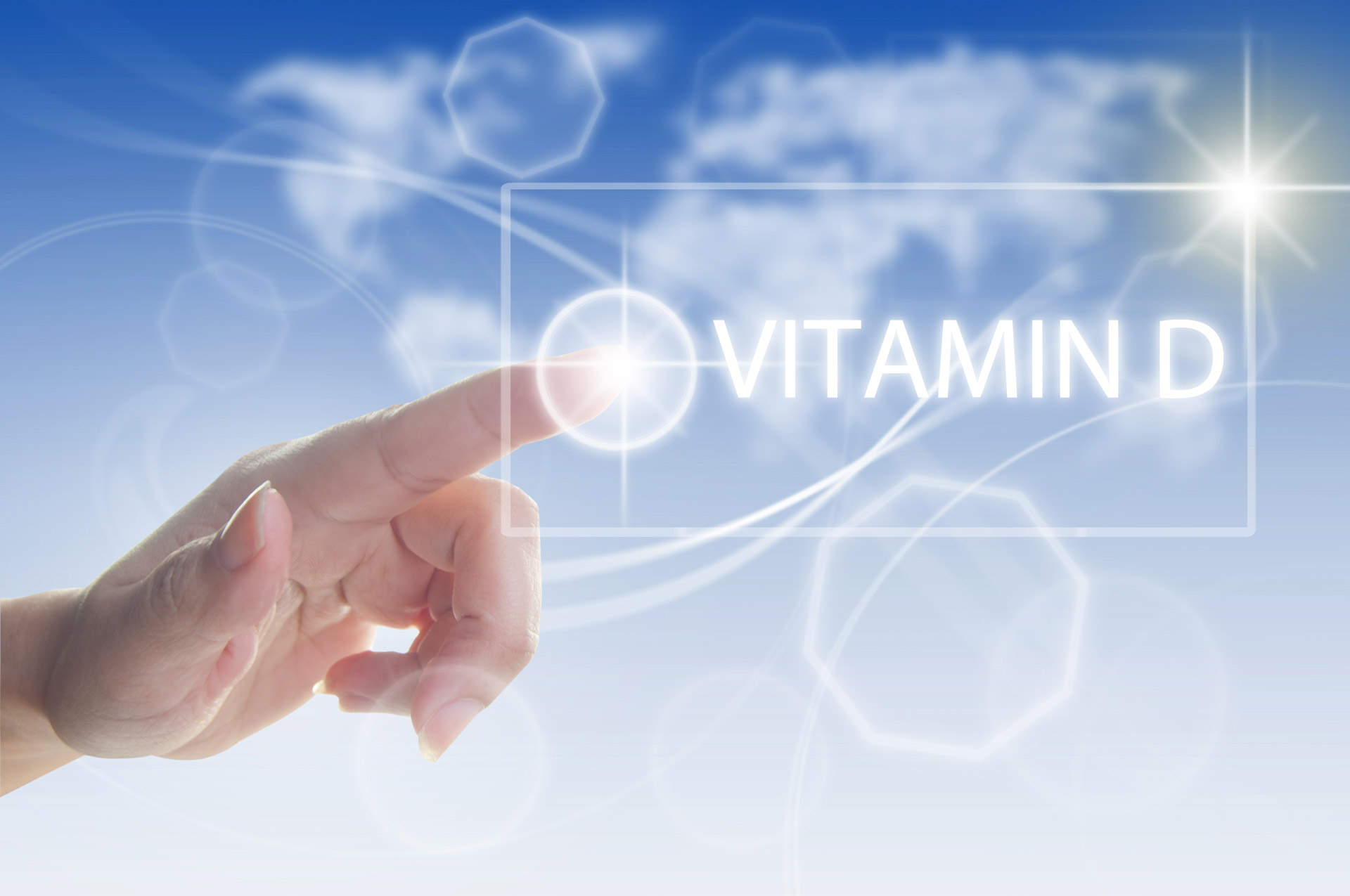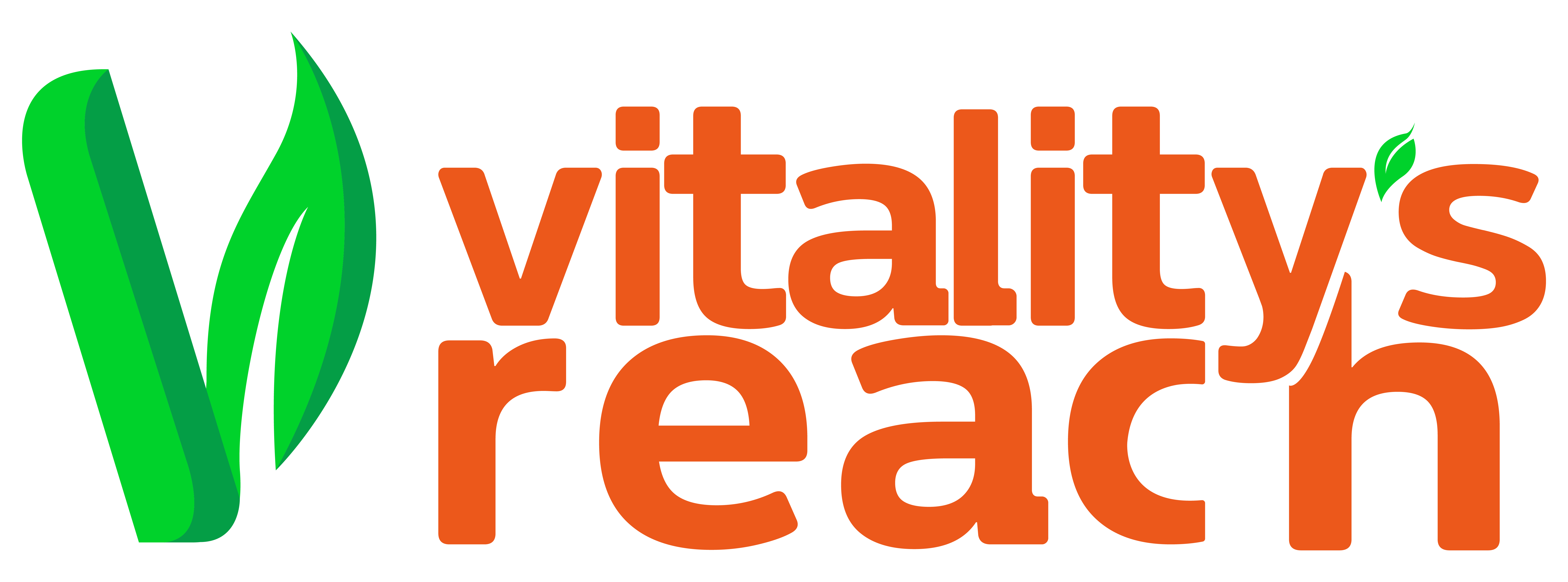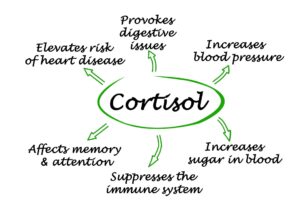
Vitamin D is an essential nutrient for our body that plays an important role in promoting the absorption of calcium and maintaining healthy bones. Our bodies can produce vitamin D through exposure to sunlight, but many people do not get enough of this vitamin from outdoor activities alone. For this reason, it is important to know the various sources of vitamin D that we can include in our diets.
Sunlight is the most natural and important source of vitamin D. When our skin is exposed to sunlight, it synthesizes vitamin D3, which is the active form of vitamin D. It is estimated that 15-20 minutes of daily exposure to sunlight can provide us with sufficient vitamin D. However, this time varies depending on the time of day, season, latitude, and skin color, with darker skin being less efficient at producing vitamin D.
Besides sunlight, vitamin D can also be obtained from dietary sources. Fatty fish are a dietary source of vitamin D. Salmon, tuna, and mackerel are particularly rich in this nutrient. Just 100 grams of salmon can provide up to 100% of the recommended daily intake of vitamin D. Other seafood such as cod liver oil, shellfish, and sardines are also good sources of vitamin D. With that said, the higher fatty fish will also contain higher percentages of polyunsaturated fats (pufas). If you are familiar with PUFAS then you know they can detrimental to health.
Eggs are another natural source of vitamin D that are commonly consumed as part of our daily diet. The egg yolk contains a small amount of vitamin D, but this can vary depending on the method of production and the feed given to the laying hens.
Mushrooms are also a good source of vitamin D, particularly when they are exposed to sunlight. In the absence of sunlight, mushrooms contain very little vitamin D. Some producers grow mushrooms under ultraviolet light to increase their vitamin D content, and these are marketed as vitamin D-enriched mushrooms.
Fortified foods are another common source of vitamin D. Many cereals, juices, and plant-based milk alternatives such as soy milk and almond milk are fortified with vitamin D. This is especially important for people who follow a vegan or vegetarian diet or are unable to get enough sunlight exposure.
In conclusion, there are several sources of vitamin D that are available to us. Sunlight, fatty fish, egg yolk, mushrooms, and fortified foods are all natural and commonly consumed sources of this essential nutrient. Eating a well-balanced diet that includes these sources of vitamin D is essential for maintaining overall health, promoting strong bones, and reducing the risk of chronic diseases. It is important to consult with a healthcare professional to determine your individual vitamin D needs and ensure that you are meeting them through a balanced diet or supplementation.




